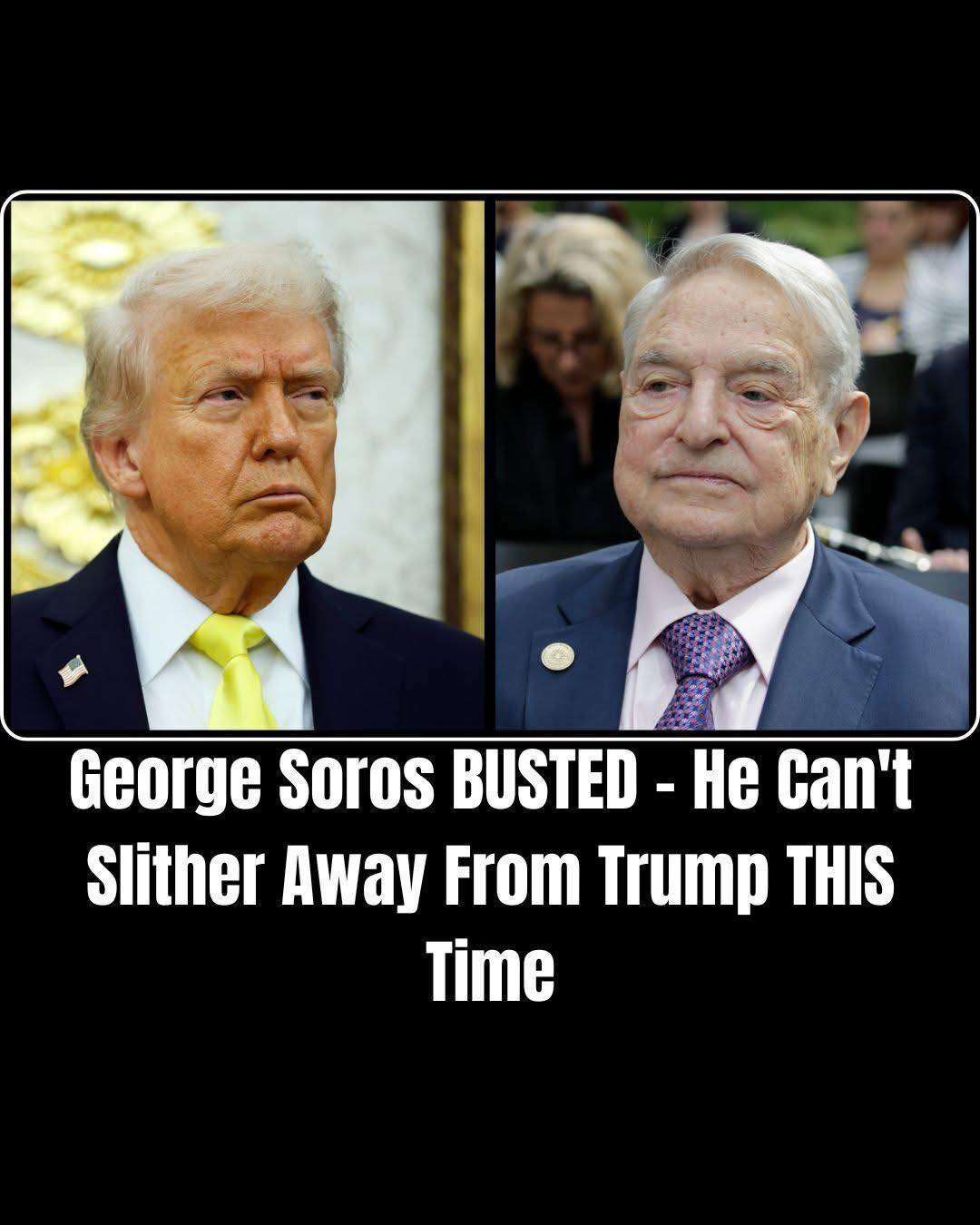This weekend, major cities across the U.S. will witness a wave of coordinated demonstrations known as the “No Kings” protests—rallies aimed at denouncing what organizers call rising authoritarianism and abuses of executive power. But behind the grassroots façade lies a familiar and polarizing figure: George Soros.
A new report suggests that Soros’ philanthropic web, including the Open Society Foundations (OSF) and its political counterpart, the Open Society Action Fund, has indirectly financed key organizing groups responsible for mobilizing the protests. Chief among them is Indivisible, a progressive advocacy group that gained national prominence following the 2016 election.
According to publicly available financial records reviewed by Fox News, OSF has provided millions in grants to Indivisible over the past several years—including a $3 million grant in 2023 meant to support the organization’s “social welfare” activities. Although OSF has not directly commented on the “No Kings” protests, the timing and scope of these grants suggest a link between Soros’ funding and the infrastructure behind the demonstrations.
Indivisible has taken a lead role in promoting the events, handling volunteer recruitment, logistics, and digital outreach. Its founders, Ezra Levin and Leah Greenberg, both have backgrounds in Democratic politics, and Greenberg once worked closely with Tom Perriello—a former congressman and one-time director at OSF—raising further questions about the deep ties between the organization and Soros’ inner circle.
Critics of Soros argue that these demonstrations are not as organic as they appear. GOP lawmakers, including Sen. Ted Cruz and Rep. Jim Banks, have called out what they describe as an elite-driven attempt to manipulate public opinion and influence the political narrative ahead of the 2026 midterms. “Mass protests dressed up as people-powered movements often trace back to the same power brokers,” Cruz said on social media.
Open Society Foundations responded to the criticism by reaffirming its commitment to legal, nonpartisan civic engagement. “Our grants aim to strengthen democratic participation,” a spokesperson said, emphasizing that OSF does not control the day-to-day operations of its grantees.
Still, the story highlights a larger debate over the role of money in politics—and the blurred line between philanthropy and political strategy. Soros, now 94, has largely transferred control of his foundation to his son, Alex Soros, who has been increasingly active in U.S. political circles and vocal about progressive causes.
As the “No Kings” rallies unfold across the country, the controversy surrounding their funding reflects a broader tension in American democracy—one where influence, ideology, and activism often intersect in complicated, and sometimes controversial, ways.



